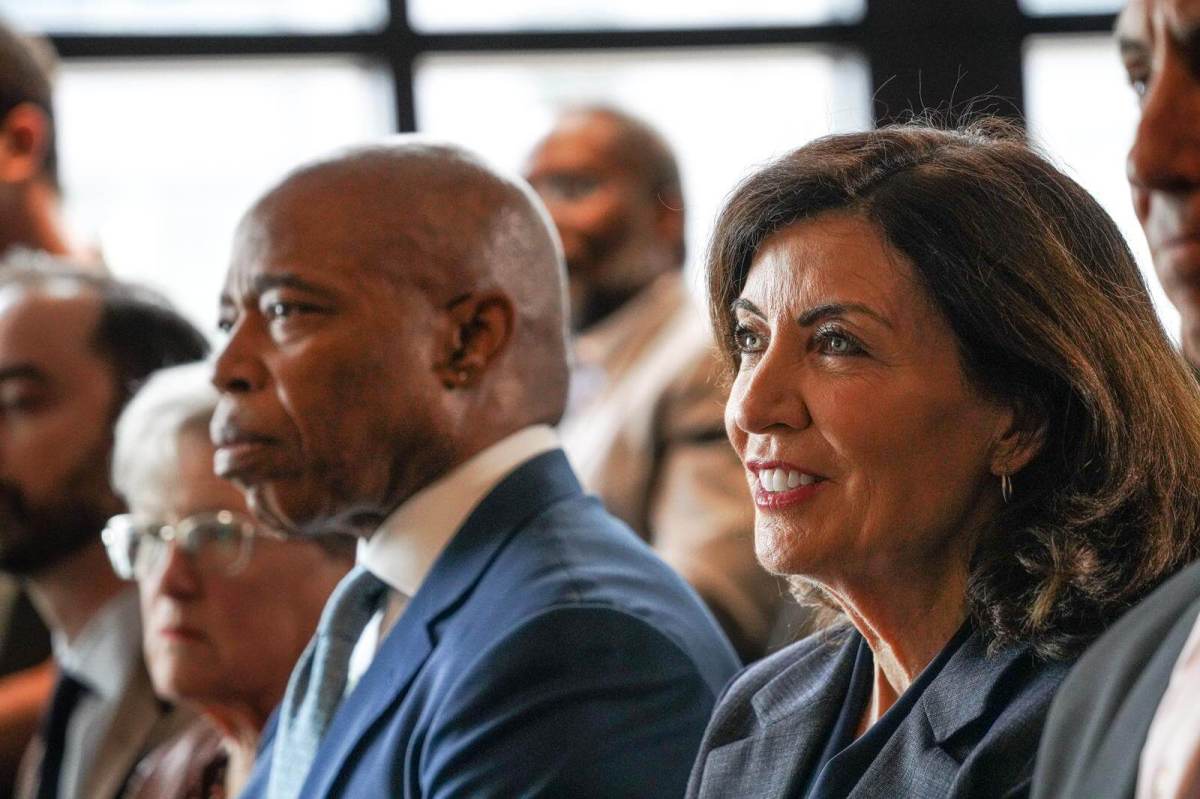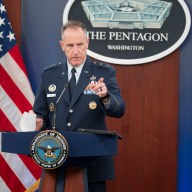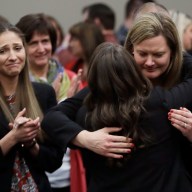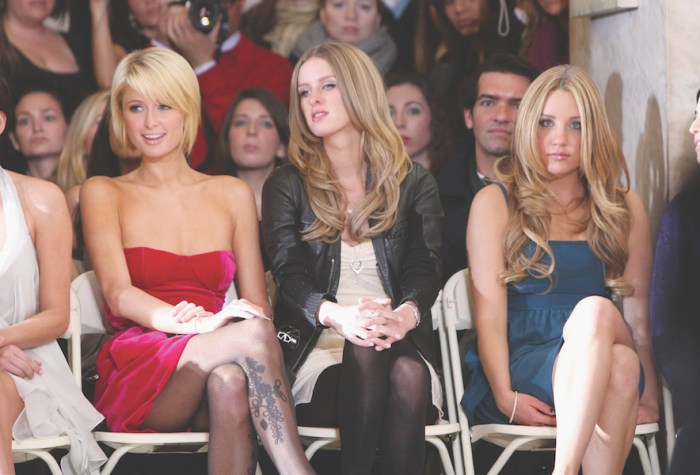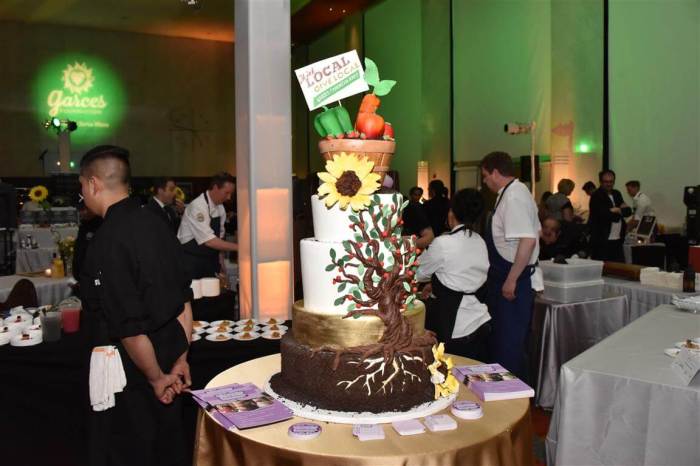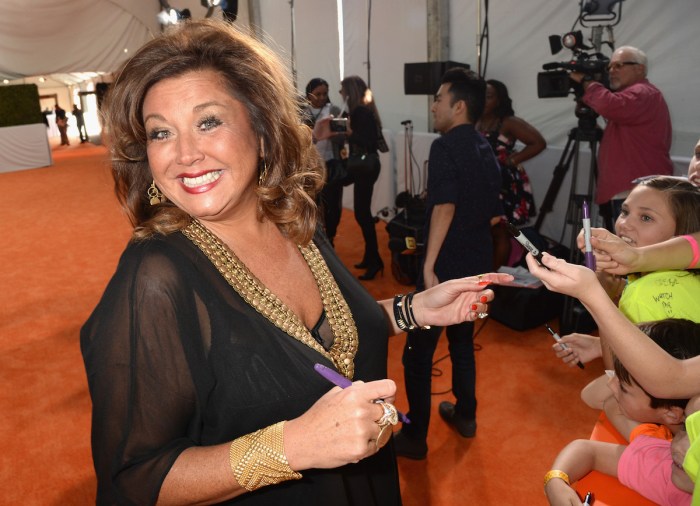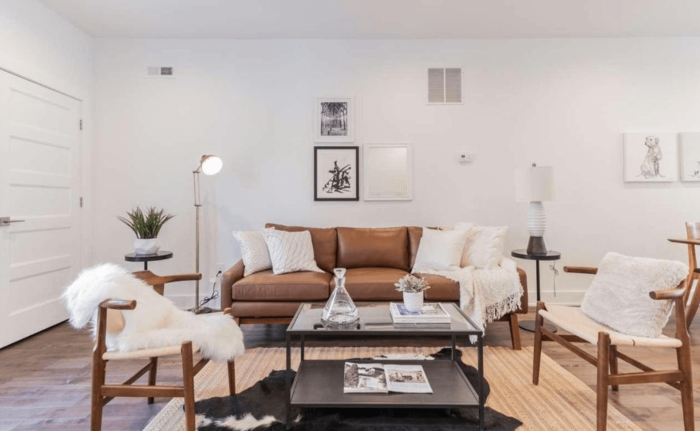If you’ve taken the L to Jefferson St. or Dekalb St. in Brooklyn recently, you may have spotted clusters of bright, honeycomb-like plastic containers attached to signposts. Each unit is perfectly sized to hold an empty can or bottle. These mini recycling bins, called Urban Hubs, are part of a Bushwick-based project created by the 3D printing startup TCR3D that is quickly taking hold of cities around the globe. [videoembed id=424891]
Urban Hubs were not just designed for ecological or environmental purposes, however. The contraption also serves to help “canners” collect discarded bottles and cans, which they then redeem for cash in order to make a living. “This happens every day,” Daniel Figur, co-founder and creative director, said, gesturing to an overflowing garbage can on the sidewalk of Jefferson St.
Urban Hubs allow canners easier access to the bottles, while also preventing more trash from littering the city’s streets. Urban Hubs have partnered with “Sure We Can,” a co-op for canners; the project consulted the organization to create a product well suited to the canning community’s needs.
TCR3D is sponsored by the 3D printing company 3DSystems, whose printers they use to generate the hubs. “3D printing helps raise awareness because it’s so novel and fresh and cool, so when people see something related to 3D printing they want to participate in what’s happening, and in this case it’s recycling,” Nate Kolbeck, co-founder and CEO, said.
The founders stress that Urban Hubs are an open source idea – their blueprint is available for free online, and they encourage others to make their own Urban Hubs. Kolbeck and Figur are particularly enthusiastic about the rise of 3D printing, and predict that Urban Hubs will pick up momentum as 3D printing becomes more widespread.
 Co-founder and CEO Nate Kolbeck puts a plastic bottle of his own in an Urban Hubs cluster near his studio in Bushwick.
Co-founder and CEO Nate Kolbeck puts a plastic bottle of his own in an Urban Hubs cluster near his studio in Bushwick.
Credit: Miles Dixon / Metro
“This needed to be grassroots and other people needed to be able to make these things,” said Kolbeck. “Knowing that 3D printing is going to blow up like it is, as it ends up in people’s offices or homes, they’re going to need something to print, something to participate in, and wouldn’t it be cool if that thing was recycling and that people could start to build their own recycling bins for their own neighborhoods?”
It takes the current generation of 3D printers about seven hours to create each individual bin, but only about $8 in plastic filament. So far, Urban Hubs have popped up in Italy, Japan, Canada and Ukraine, in about a thousand international downloads. “This person in Odessa, Ukraine really picked it up and started printing Urban Hubs in Ukrainian colors,” said Realexis Castro, a TCR3D team member. “He’s all over our Instagram,” Kolbeck added.
The current model of containers in circulation is significantly improved from the original prototype, featuring an inclination to prevent the wind from sweeping away aluminum cans fed to the Hubs. The latest generation’s containers are also modular, snapping together, rather than needing glue, for easy assembly. The various versions dot Bushwick, both indoors and on the streets. The Sampler, a craft beer store and bar on Starr St., houses some Urban Hubs above its trashcan. “I think they’ve got a great idea,” Casey Kreher, the Sampler’s operations manager, said of the project. “We try to make sure it’s well known – it’s inexpensive and started here in the neighborhood.”
 Co-founder and creative director Daniel Figur demonstrates how Urban Hubs work in TCR3D’s studio in Bushwick.
Co-founder and creative director Daniel Figur demonstrates how Urban Hubs work in TCR3D’s studio in Bushwick.
Credit: Miles Dixon/Metro
TCR3D is already on the road to making that happen. Figur is teaming up with local public middle school P.S. 123 to begin a curriculum centered on the plastic bins. “The assistant principal saw one of our recycling bins on the Jefferson stop and reached out to us. We’re looking to build a media lab there,” Kolbeck said. “It’s up to the global community to decide what they want to do with it.”
Since the product’s release, one user has posted a photo online of himself online using Urban Hubs as cup holders for his car. Lately, the members of TCR3D have been toying with the idea of Urban Hub birdhouses, complete with soil and materials such as cotton and twigs to make nests. The team is also looking forward to seeing what the kids at P.S. 123 make of Urban Hubs. At the end of the day, Figur and Kolbeck hope their creation will outlast its original purpose as a recycling bin. “I hope there is no need for recycle bins in the future because people start using reusable bottles,” Kolbeck said. “That would be awesome if there was no need for this.”







